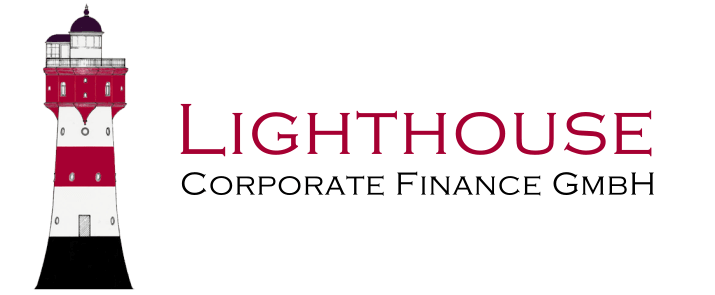Many of us are worried about the flavour of discord surrounding the negotiation of the draft of a common programme between the parties which intend to govern Germany. The impetus and enthusiasm of the likely coalition members could have come across more convincingly in the media.
Nevertheless, if we look at the wording of the draft, at least some cautious applause is appropriate in two areas of great interest to us. Let us have a look at the details:
Start-ups and Venture Capital
Section IV defines a vital approach to research and innovation for the German economy, which is dependent on innovation. It includes a strategy for accelerated digitisation. Starting with line 2844, the coalition is committed to making it easier to establish innovative companies in Germany. The following passage is particularly important, which we would like to reproduce in the original wording:
„We will create structures that support start-ups and succession in the start-up and transition phase. In the start-up and transition phase, we will reduce bureaucracy to a minimum. In the first two years after foundation, we will exempt companies from the monthly advance return of VAT. We will also continue to improve conditions for venture capital. We will simplify application, approval and taxation procedures. The goal should be a one-stop-shop. In Germany, we need a significant expansion of the volume of the venture capital market in order to support companies in particular during the growth phase. That is why we want to examine the introduction of tax incentives to mobilise private venture capital beyond the existing measures. Private industry, public authorities, KfW and European financial partners are to participate in these venture capital financing transactions.“
Crypto-sphere
For the first time, we are advising a company on its ICO. So we were relieved to learn that the new government does not intend to work on the innovative and dynamically developing crypto-sphere with a heavy hammer: „ Germany’s role as one of the leading digitisation and FinTech locations must be strengthened. We will remove unnecessary bureaucratic obstacles and ensure that transactions with the same risks are regulated immediately. In order to unlock the potential of blockchain technology and prevent misuse, we intend to develop a comprehensive blockchain strategy and advocate an appropriate legal framework for trading in cryptocurrencies and tokens at the European and international levels. The possibilities of cashless payment are to be expanded in the digital age.”
German industry and service providers are working intensively on the possibilities arising from the crypto-scene. After a thorough analysis, they are also starting to be committed financially, because this is about far-reaching technical progress. Clearly the new sector deserves professional respect and support.
This also includes a predictable legal framework for the sale of tokens and virtual means of payment. The crypto scene acknowledges this need without hesitation.
However, there can be no regulation in one fell swoop. The processes and dynamics are so fundamentally different from the classical capital market that only a step-by-step approach promises success and avoids the destruction of valuable porcelain.
A good example of this is the South Korean Financial Services Commission’s first step taken in a very pragmatic way, with a regulation that has come into force on 30 January this year. Its primary goal is to „reduce room for cryptocurrency transactions to be exploited for illegal activities, such as crimes, money laundering and tax evasion.“ This means that there must be no more anonymous transactions or transactions with minors.
That sounds like little, but this procedure takes a lot of pressure out of the boiler. The authorities there, as here, will learn to understand the market better, exchange views with each other and carefully formulate rules of the game. The debate in the United States is also positive and points in the same direction.
Our Stance
Germany is tuning into the canon of cautious constructivists, we can be confident for the local crypto industry.
Dr. Martin Bartels, LightFin
